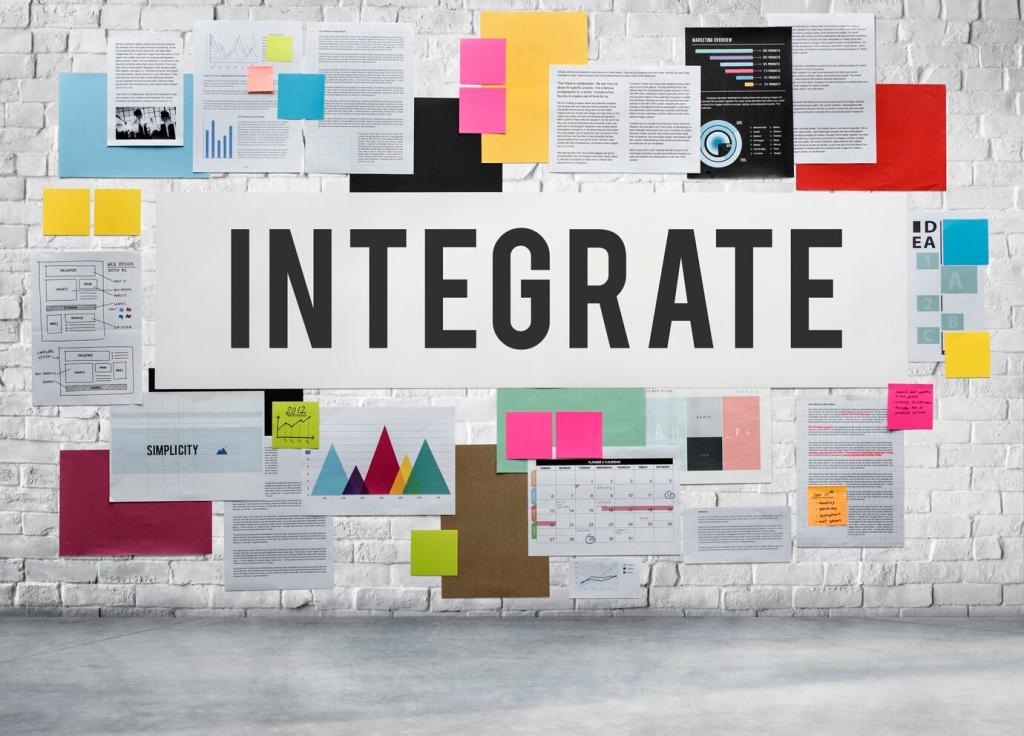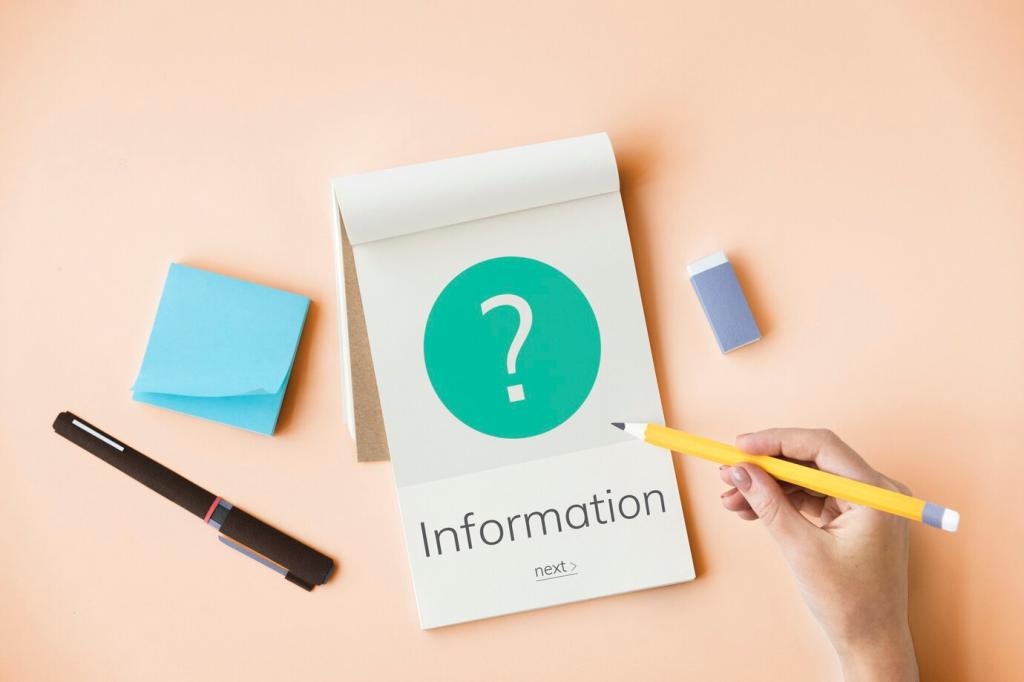Why Inclusion and Diversity Matter in Educational Resources
Meta-analyses show that culturally responsive and accessible materials improve motivation, reading comprehension, and persistence. Representation reduces stereotype threat, especially in math and science. Subscribe for practical summaries and citeable studies you can bring to planning meetings and share with your department.
Why Inclusion and Diversity Matter in Educational Resources
When examples reflect a range of cultures, languages, abilities, and family structures, students feel seen and heard. That sense of belonging translates into brave participation, better questions, and fewer discipline issues. Comment with one resource that helped a student recognize themselves in your classroom.







